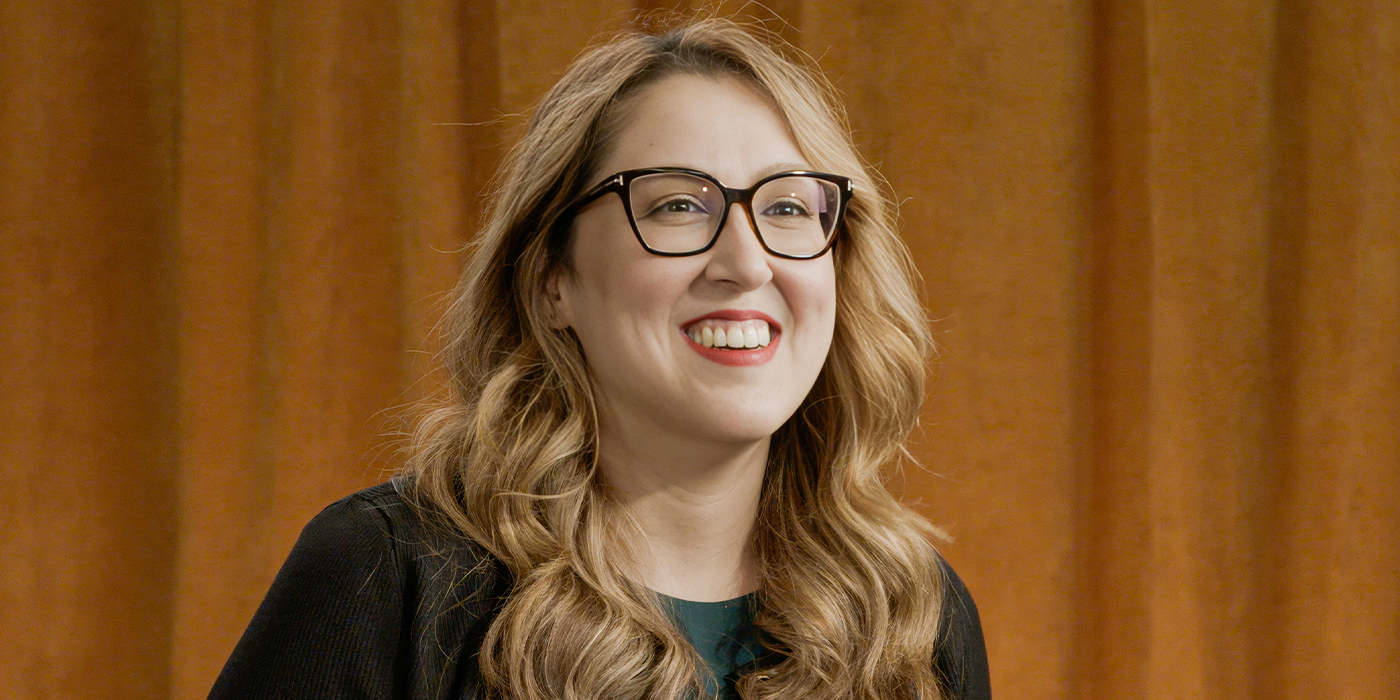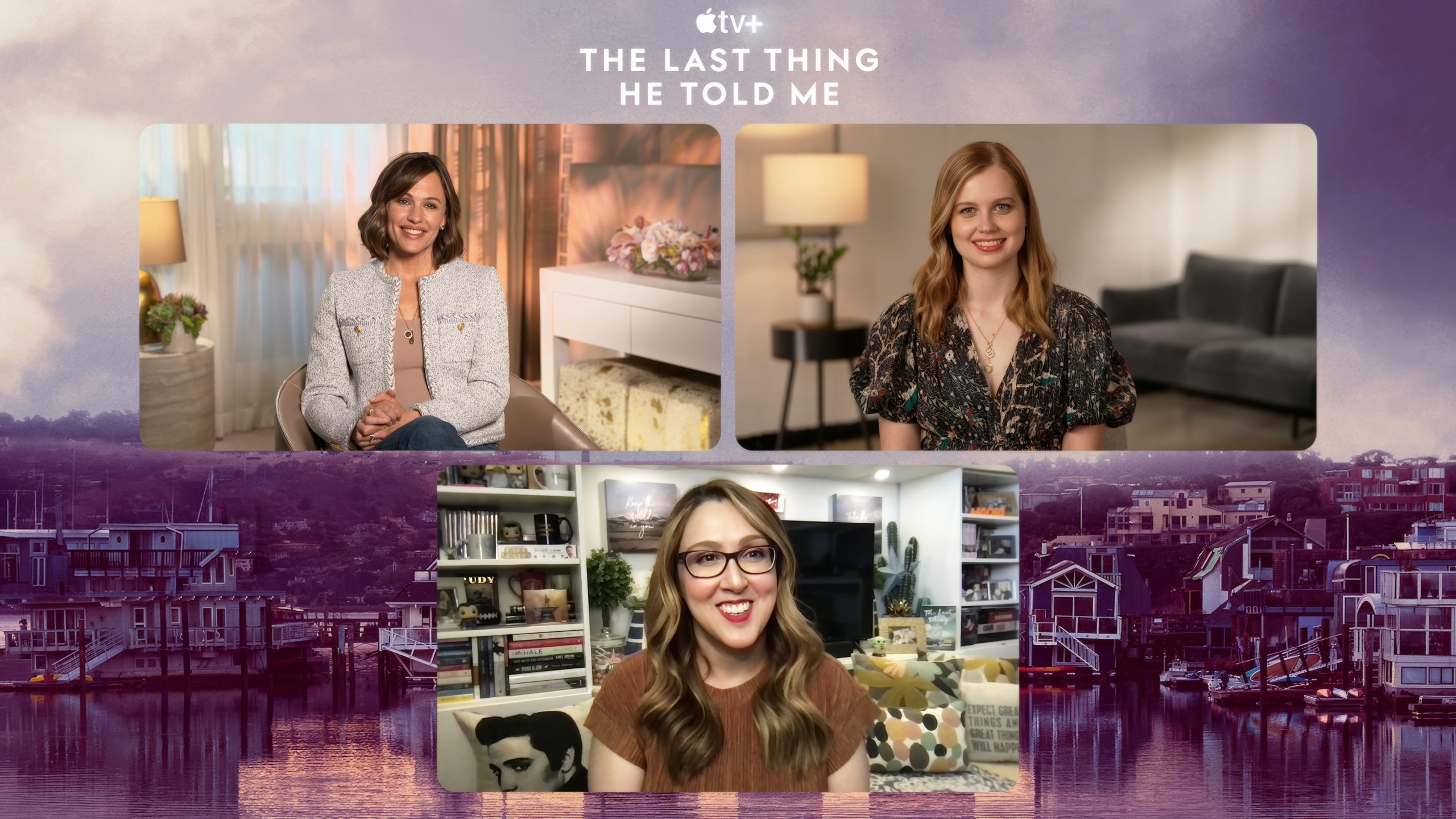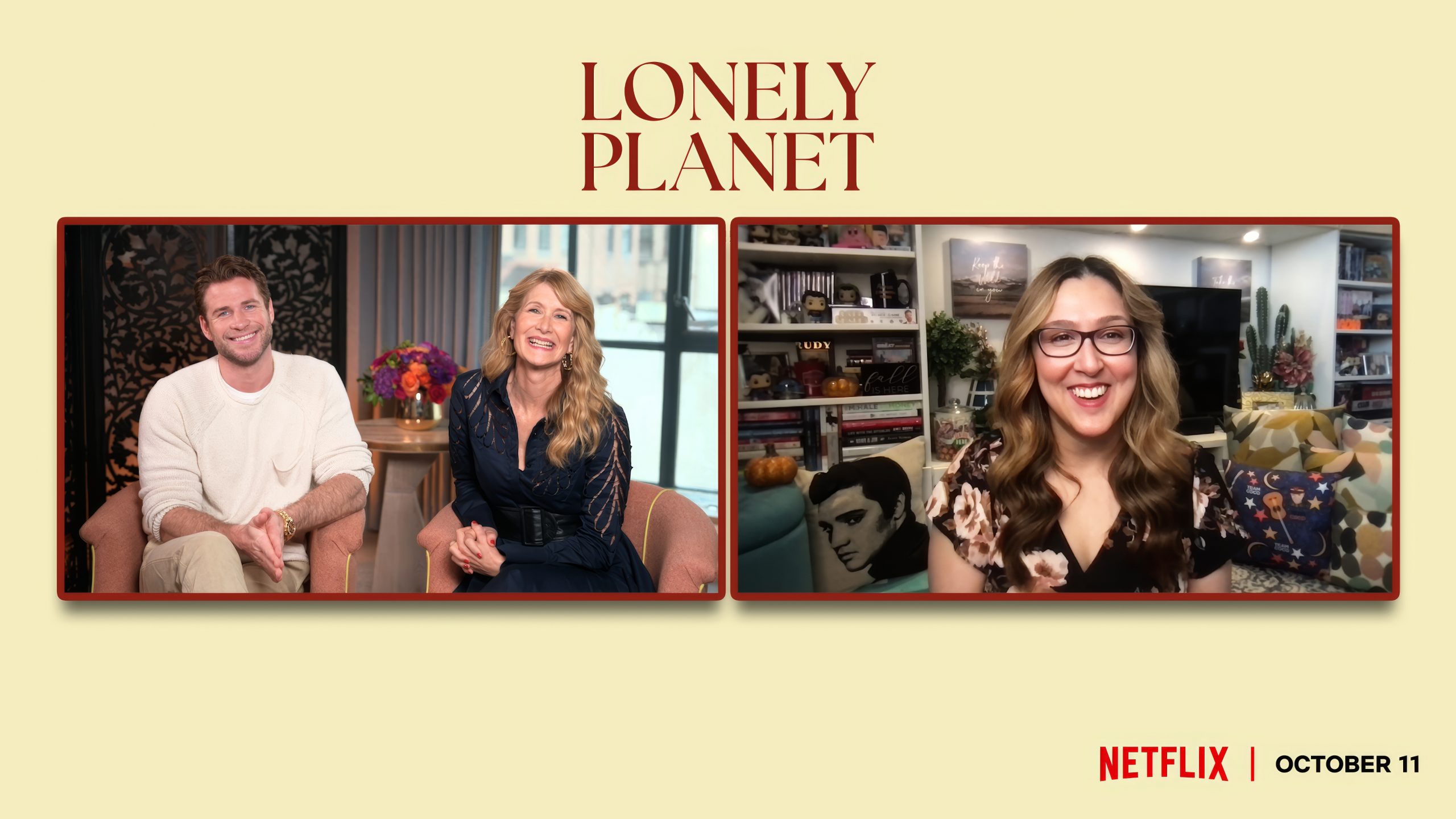
If journalism had a superpower, it would definitely be listening. Since 2007, interviews have rounded out a good part of my career. Across nonprofits and entertainment sites, these conversations have never been part of some “bucket list” hype, but rather an interest in nailing down the human story behind the headlines.
In my almost 20 years of writing, I’ve interviewed award winners, movie stars, and even late-night hosts, in-person, on Zoom, and on sets. However, one that surprisingly still affects me is Muppet icon Kermit the Frog. Yes, you read that right — my career highlight involves a frog in a felt collar. The reason? Oddly enough, the conversation we had made me proud in a way I didn’t expect. Not only did my niece and nephew learn about climate change through a familiar face, but they thought it was the coolest thing I’d ever done.
And honestly, maybe it was because, as I’ve learned, an interview isn’t about the headline. It’s about who the story reaches, and what sticks.
Why These Conversations Matter
While studying emerging media journalism at Ball State University for a partnership program with the New York Times, one of the interviews that shaped my early career was a conversation with CNN’s Emmy-winning Senior International Correspondent, Arwa Damon. The profile, supporting the International Women’s Media Foundation, reframed everything I knew up until that point about the field. With the insight Damon provided, I learned journalism is more about bearing witness and listening, not just reporting.
Whether we’re covering hard news or are entertainment journalists grilling directors on cinematic choices, that trait reminds us how integrity is always the backbone. For every question we ask, all the silence we hold, it becomes part of the story we’re helping shape. That accountability is also what makes interviews more than just content for readers.
Building My Own Lane
While a lot of people might have popped into the “fast lane of junkets” and press events after a few freelancing gigs, I paved a slower, more conscious path. In 2012, I launched The Hudsucker, a site where I could report and profile with a sincerity for our collective culture alongside a small team. Early on, I had the chance to interview Chris Cuomo during his CNN stint and Michael Kosta, a once-up-and-coming comedian, who was starring in E! shows before The Daily Show. Between these interviews and in-depth research pieces featuring artists and experts, one of our pieces even landed on CTV’s The Social, proving these conversations were a workshop on how to drive discussions that resonate.
Humbly speaking, every step has taught me something new. Freelancing between Newsvine and the IWMF taught me resilience, while PopCulture (and its Paramount years) taught me pace. But it’s when I joined Collider in 2022 as Lead Features Editor (and currently Executive Editor) that all those lessons translated into leadership. From my very first day with Valnet, it’s always been about a “rise to responsibility” where the choices I make help shape coverage and open doors for stories that might otherwise go unheard.
Conversations That Stuck With Me
Having interviewed hundreds over the years, some conversations still hum in the background of my day. My first on-camera interview for Collider with Jennifer Garner showed me how kindness is a strong reporting tool because when people feel seen, they open up — and her attentiveness and appreciation for my professional “fangirling” over Alias made that clear.

But that same lesson showed up in a very different way with Jordan Schlansky, Conan O’Brien’s delightfully deadpan producer. That conversation popped up in-depth on the podcast, Conan O’Brien Needs a Friend, where even O’Brien marveled at Schlansky’s peculiar rhythm alongside my line of questioning. It was proof that sometimes the most memorable interviews can also be wonderfully odd.
And then there’s Joel McHale, who has turned every interview we’ve had since 2020 into a kind of joyous chaos. One minute, he’s dunking on Ken Jeong, the next, he’s pitching a pizza joint on the moon with me. With McHale, you learn to ride the wave until you stumble onto something honest because that’s where the real story hides. Our interactions alone have been a lesson in understanding that you set the vibe before you chase the quote.
But of course, some interviews land with more gravity. When I spoke with Bob Odenkirk for a Collider Signature profile, he widened the lens, sharing how each of us is “writing the story too.” As he says, “Every side of this helps to make it better.” Though that has stuck with me through editing, reviewing, and conducting other interviews, I also add the clearest articulation of why these entertainment stories matter, courtesy of Riz Ahmed: “Stories find someone when they need it most.”

And it’s no different with Collider interviews and profiles, where readers read not just for the sake of a film or TV show they love or are interested in, but for the chance to recognize themselves in someone else’s story.
Humble, Hungry and Still Listening
Of course, not every interview goes as planned. Sometimes, it’s about leaning into the chaos. While on the junket for The Many Saints of Newark a few years ago, everything went fine until it didn’t. A technical glitch meant Warner Bros. was calling me back at around 8 o’clock with a bunch of tired actors, including Alessandro Nivola, Leslie Odom Jr., and Michael Gandolfini, who deserved sainthood for politely pretending they hadn’t already heard my questions before. But ending with laughs and smiles, it taught me this: when there’s no time for new insights, you’d better bring new energy.
And maybe that’s the through line. From Kermit to Ahmed — if being hungry for stories got me here, humility is what keeps me going. Because no matter how big or small these conversations are, they’re never just mine. I only get to hold them for a little while before sharing with others, but it’s that aspect that makes everything so far feel less like content and more like a connection that keeps me humble and hungry enough to keep chasing.
Tania Hussain
Tania Hussain is Executive Editor at Collider, where she leads editorial strategy and content development. With nearly 16 years in journalism, she has conducted 100+ interviews with talent ranging from Jennifer Garner and Bob Odenkirk to Tina Fey and Kermit the Frog, while helping shape Collider’s coverage of major events like TIFF.